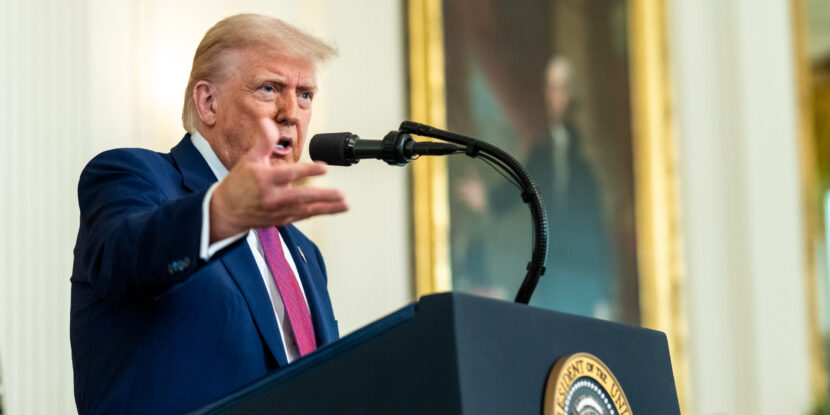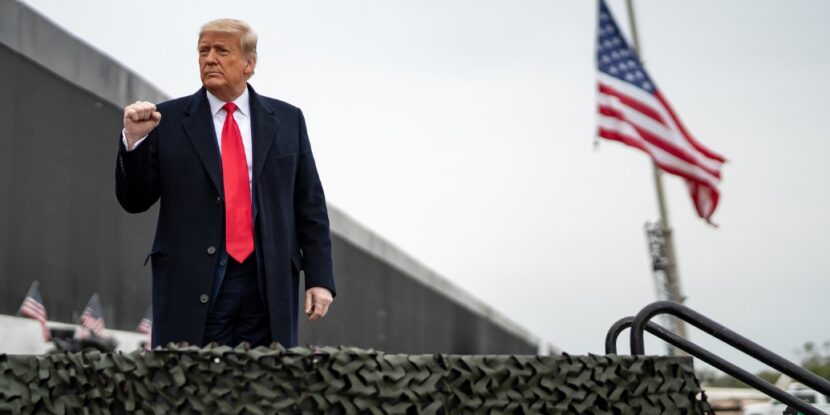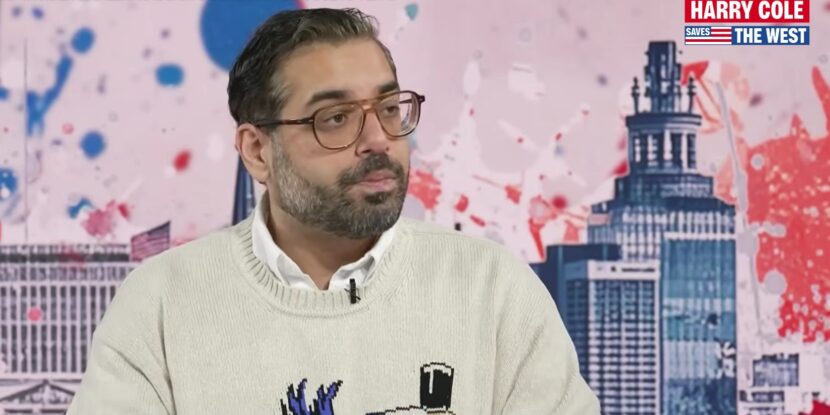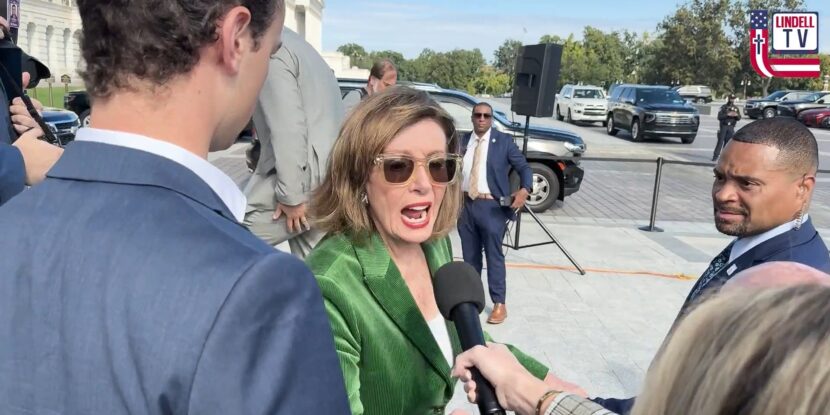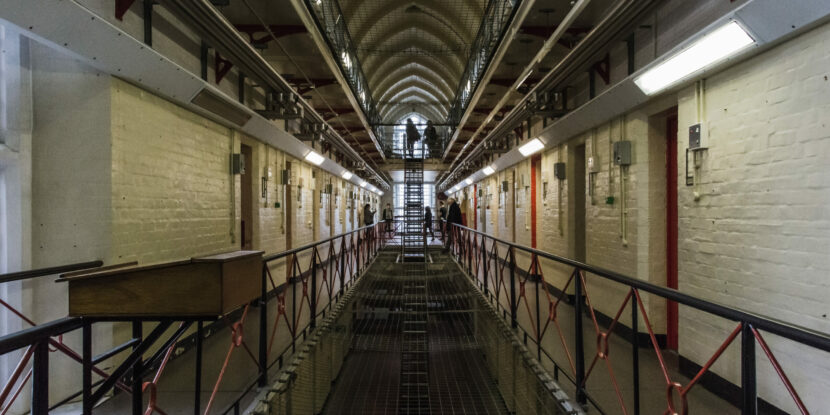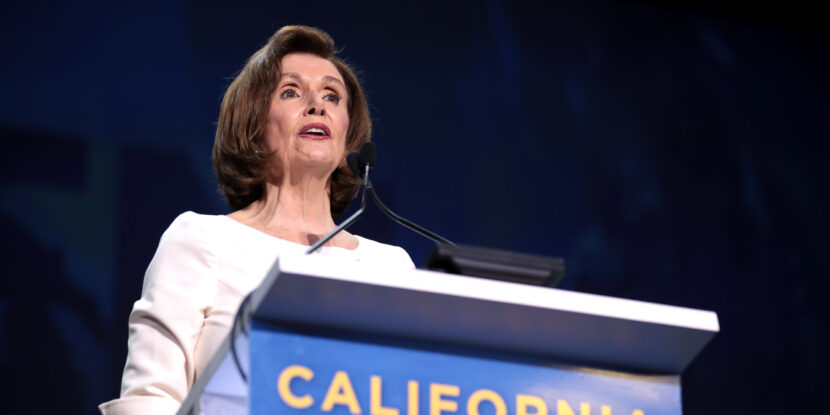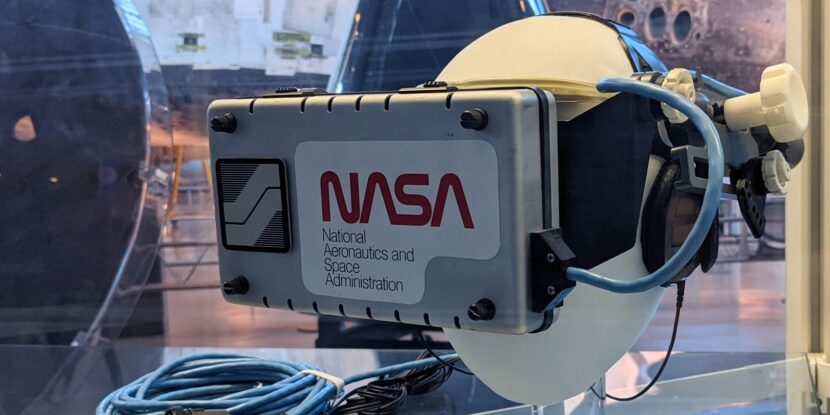❓WHAT HAPPENED: The Trump administration announced partial relief for food stamp recipients as the Senate Democrat-caused federal government shutdown continues.
👤WHO WAS INVOLVED: President Donald J. Trump, U.S. District Court Judge John McConnell, Treasury Secretary Scott Bessent, and the U.S. Department of Agriculture (USDA).
📍WHEN & WHERE: Announced Monday, during the 34th day of the government shutdown, with court filings in Rhode Island.
💬KEY QUOTE: “If we are given the appropriate legal direction by the Court, it will BE MY HONOR to provide the funding.” – President Trump
🎯IMPACT: The disbursement of SNAP benefits could face additional legal challenges, stemming from problems with Judge McConnell’s order.
The Trump administration announced on Monday that it would provide partial relief to recipients of food stamps as the federal government shutdown reached its 34th day. The U.S. Department of Agriculture (USDA) stated it would use contingency funds to maintain benefits, but only at 50 percent of the usual funding levels.
The decision followed a court order from Judge John McConnell of the U.S. District Court in Rhode Island, who ruled that the administration could not deny Supplemental Nutrition Assistance Program (SNAP) funds during the shutdown. President Donald J. Trump stated on his Truth Social platform, “If we are given the appropriate legal direction by the Court, it will BE MY HONOR to provide the funding.”
Notably, the administration had previously argued that tapping into the contingency fund for SNAP benefits was legally restricted to scenarios like natural disasters. However, Judge McConnell rejected this argument as “arbitrary” and instructed the administration to begin releasing funds by midday on Monday. Treasury Secretary Scott Bessent noted that while funds could start flowing by Wednesday, some states might face delays in distributing benefits.
However, the disbursement of SNAP benefits could face additional legal challenges, stemming from problems with Judge McConnell’s order. The National Pulse reported on Monday that some legal experts contend the order contravenes a Supreme Court ruling earlier this year that limited such nationwide orders to class-action lawsuits only. In a footnote, the judge offers a weak defense of the order’s nationwide application, simply claiming that “a limited order would not provide complete relief.”
Food assistance payments could also be halted as, technically, the SNAP program itself does not currently exist in a legal sense. The program’s congressional authorization lapsed in 2023 and has been temporarily reauthorized through subsequent continuing resolutions (CRs). When Senate Democrats blocked the CR to temporarily fund the government on October 1, they also blocked the underlying SNAP reauthorization.
Join Pulse+ to comment below, and receive exclusive e-mail analyses.
